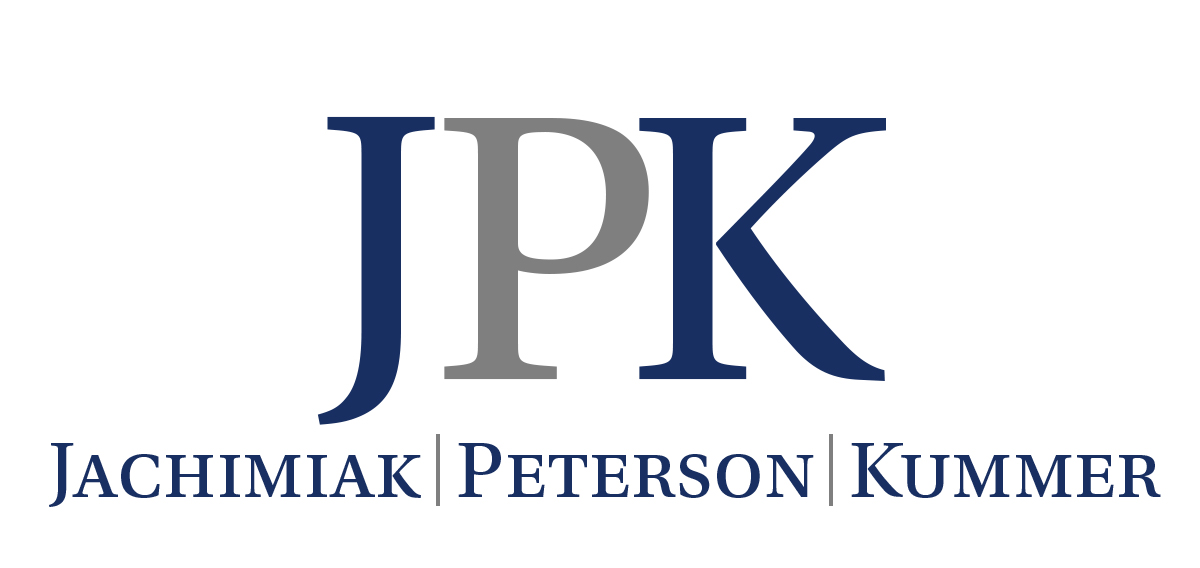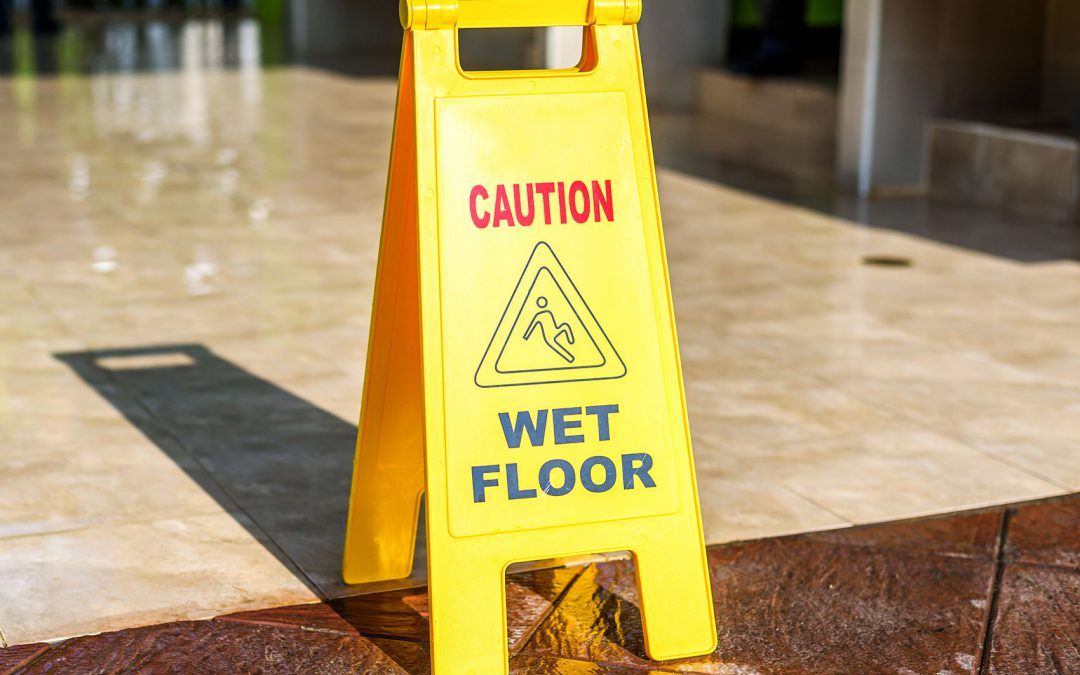Every restaurant should add slip and fall prevention to its menu. A customer at your restaurant is known as an invitee to the restaurant. The restaurant owes the invitee the highest duty of care. In Colorado, a restaurant can be liable for customer’s injuries occurring at its restaurant if it failed to exercise reasonable care to protect against dangers that it knew of or should have known of. A greasy floor, a buckling mat or uneven flooring could send a guest to the hospital and land your business with an expensive lawsuit and rising insurance premiums. This article will address (1) common causes of slip and fall injuries and (2) prevention measures to ensure there are no dangerous conditions at your restaurant.
What are the Most Common Causes of Slip and Fall Injuries?
- Wet and Slick Floors
Spills, rain, snow or ice carried into the building, waxed floors, wet floors from mopping, grease, and other slippery floor conditions are common causes of slip and fall accidents. Be sure to promptly eliminate all those hazards. This includes setting out a sufficient number of cautionary signs to cordon off the slick area. - Outside the restaurant
Is the restaurant or landlord responsible for maintenance of the parking lot? If you are responsible, it is vital you remove or repair any hazardous conditions including potholes and uneven surfaces. Is the restaurant or landlord responsible for ice/snow removal outside of the building. If it is restaurant, you must have a plan in place to clear ice and snow within a reasonable time. Outside stairs should be in good repair with no cracked or worn treads and should not create a slip and fall hazard when wet. - Physical Obstacles
Poorly placed electrical cords, protruding furniture, floor mats, floor door moldings, door stops, fallen merchandise, and other obstacles must be promptly eliminated or repaired. - Congested Walkways
As a business owner you must be sure the entrances and exits to your business are sufficient to permit customers, patrons, and other persons legally upon the property to enter and exit your business without undue congestion. Heavy flow rates through obstructed areas may cause people, especially young children and the elderly, to lose balance and fall. - Inadequate Lighting
Inadequate lighting can hide a number of hazards inside and outside of your business, including curbs, physical obstructions, steps, and potholes.
How Can My Restaurant Best Prevent Slip and Fall Injuries?
- Restaurants should establish written policies and procedures to help maintain safe premises. In addition, employees and managers must be properly trained on those procedures. Frequent and routine inspections of the dining room and restroom floors to ensure that they are clean and dry is a must. Employees should complete an inspection checklist, including the date and time a particular employee inspected the floors. In addition, managers should conduct regular safety meetings to emphasize safety measures and reinforce the safety policies in place and training on how to spot a dangerous condition.
- Clean up spills as soon as they occur and mark wet or slick floors with warning signs.
- Mop or sweep up debris from floor and remove obstacles from walkways.
- Keep up to date records of maintenance and repair, including specific actions employed to remove and repair hazardous conditions. Be sure all government inspections are passed, and those records are maintained.
- Conduct and keep records regular maintenance of outdoor areas, including sidewalks, children’s play areas, parking lots, and lighting. Regularly monitor and repair potholes, remove snow, ice, and water from property, and remove obstructions.
- Select the Proper Floor. Certain flooring is simply not appropriate for restaurants. Use industry standard cleaning products, instead of cheaper, often less effective products. Make sure that any mats stay flat.
- Install Welcome Mats. Not only do entrance mats welcome guests to your restaurant, they can also provide an important first line of defense against slips by removing moisture from your guests’ footwear.
Joseph Kummer has extensive experience in representing restaurants in lease negotiations, liquor license hearings, construction contract negotiations, and litigation. He can be contacted at (303) 863-7700 or jkummer@jpfirm.law.
Disclaimer — Content is general information only. Information is not provided as legal advice, nor does its publication create an attorney-client relationship. For legal advice on a specific matter, consult an attorney.

